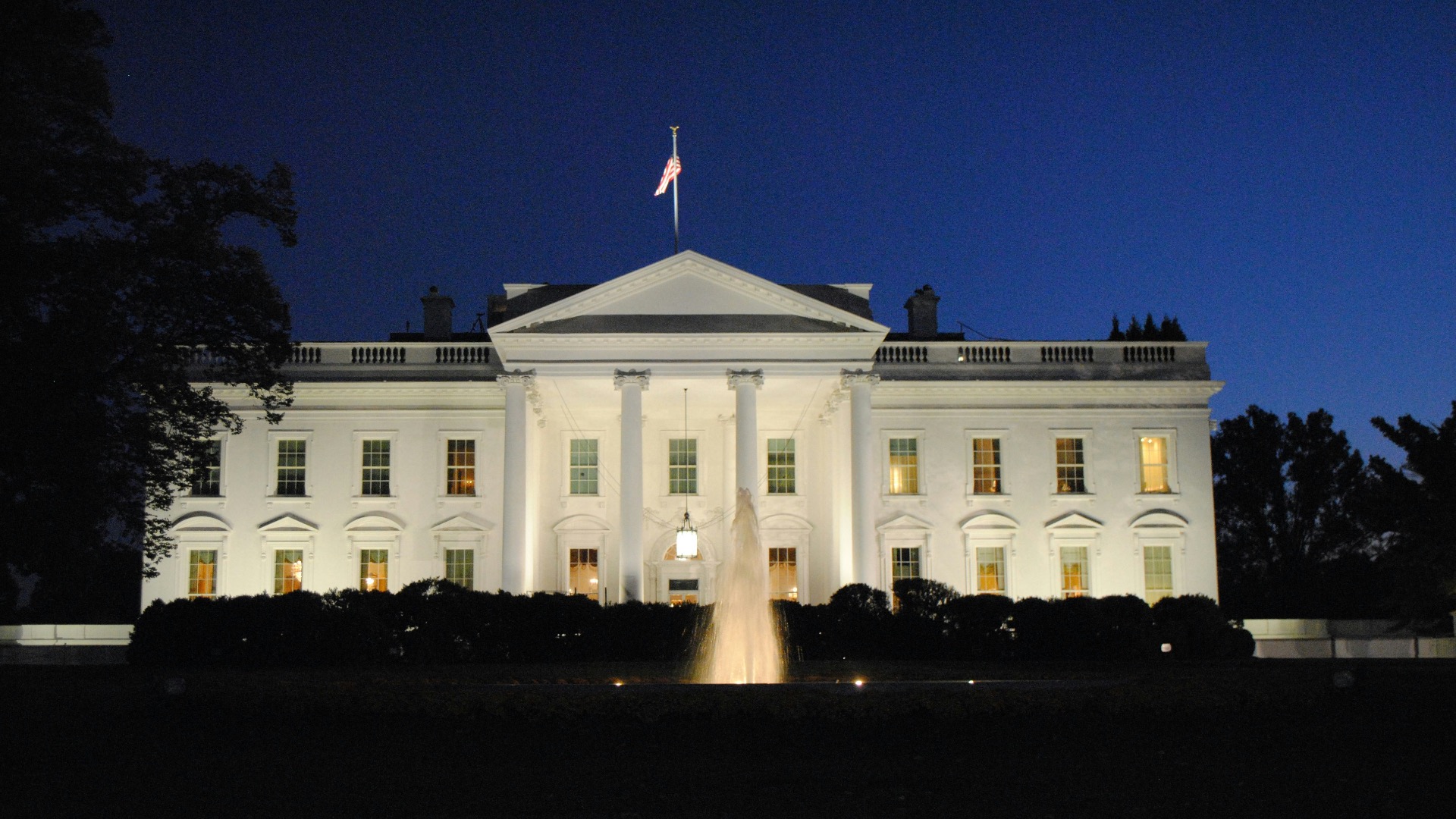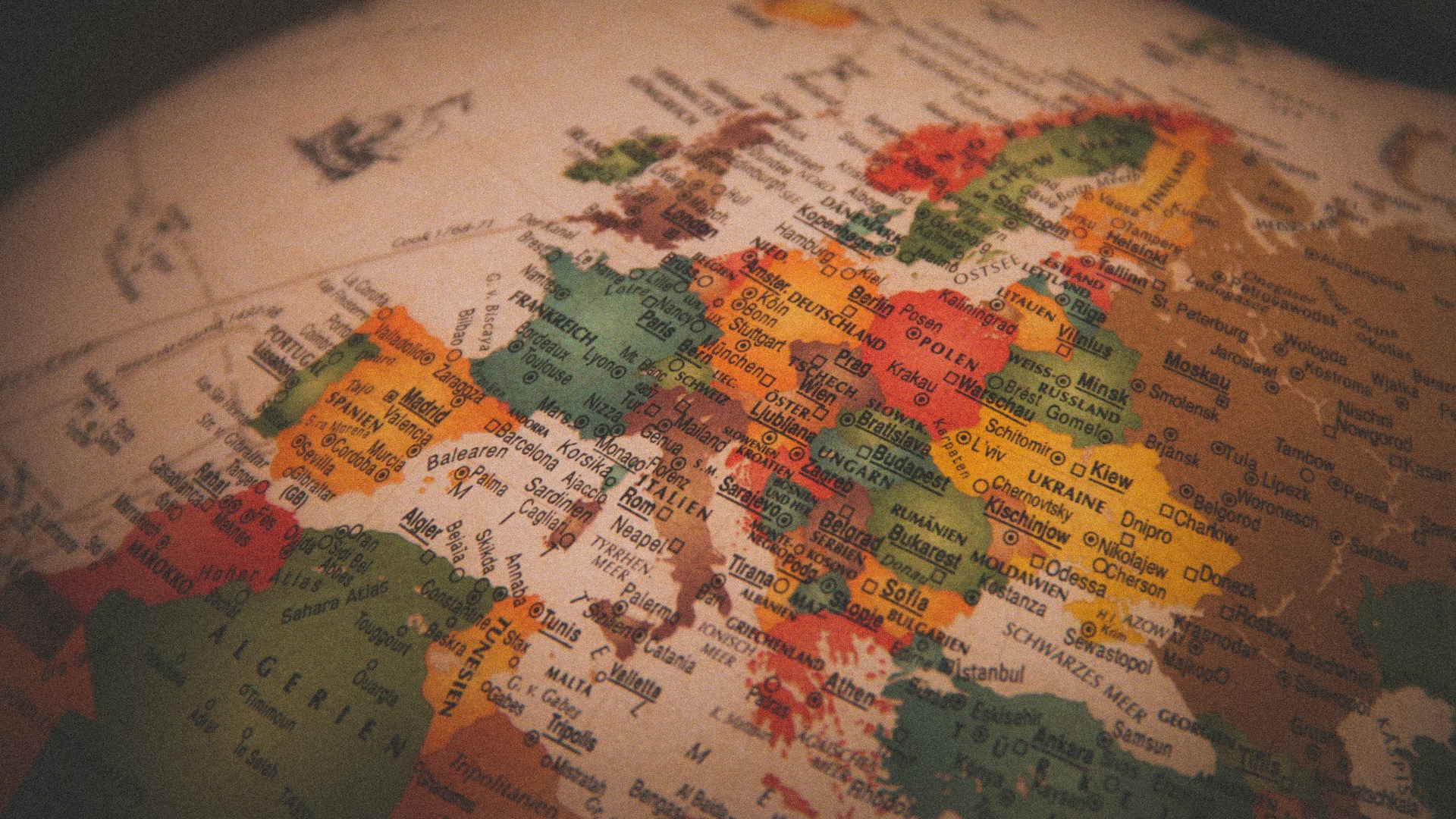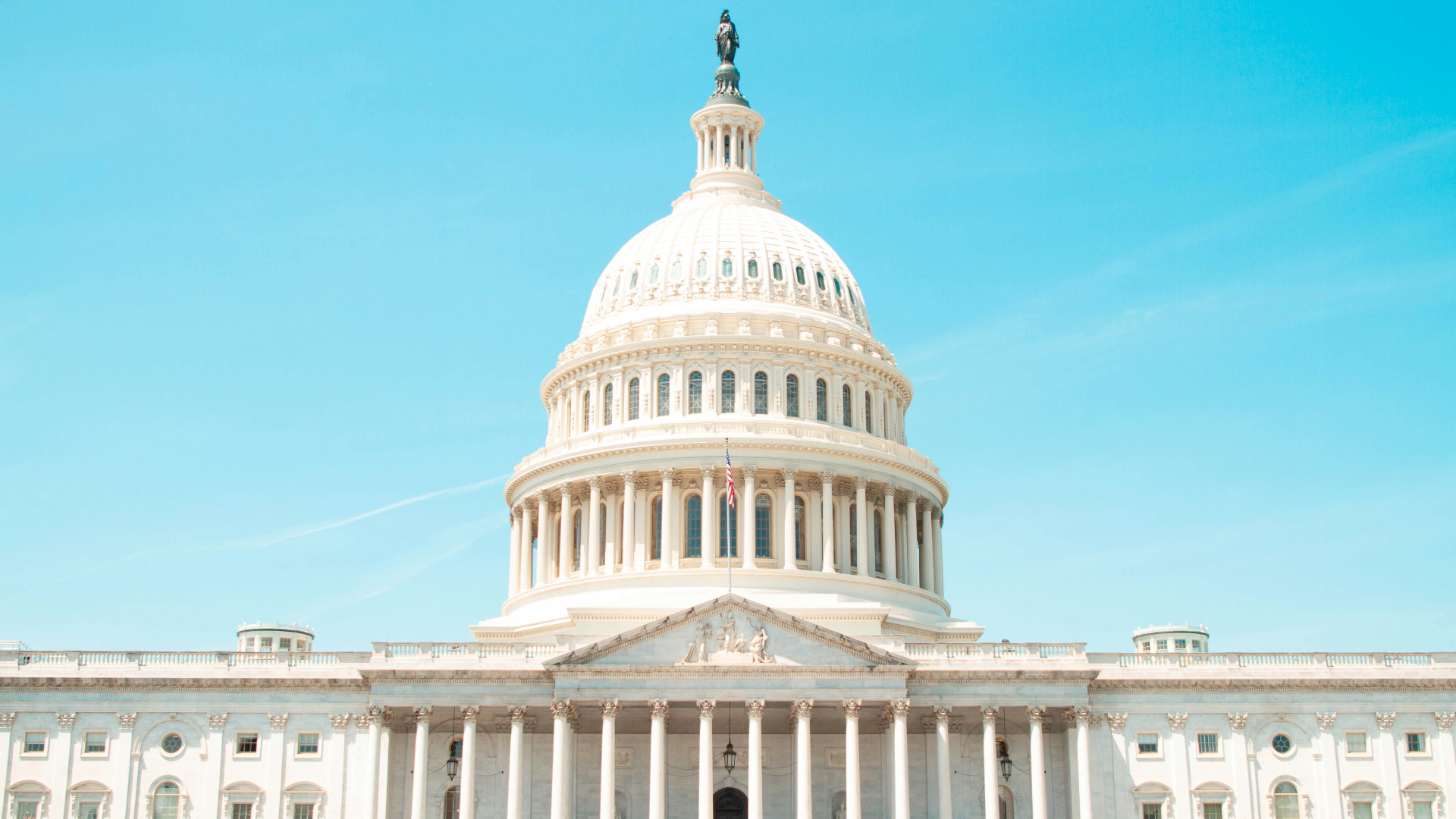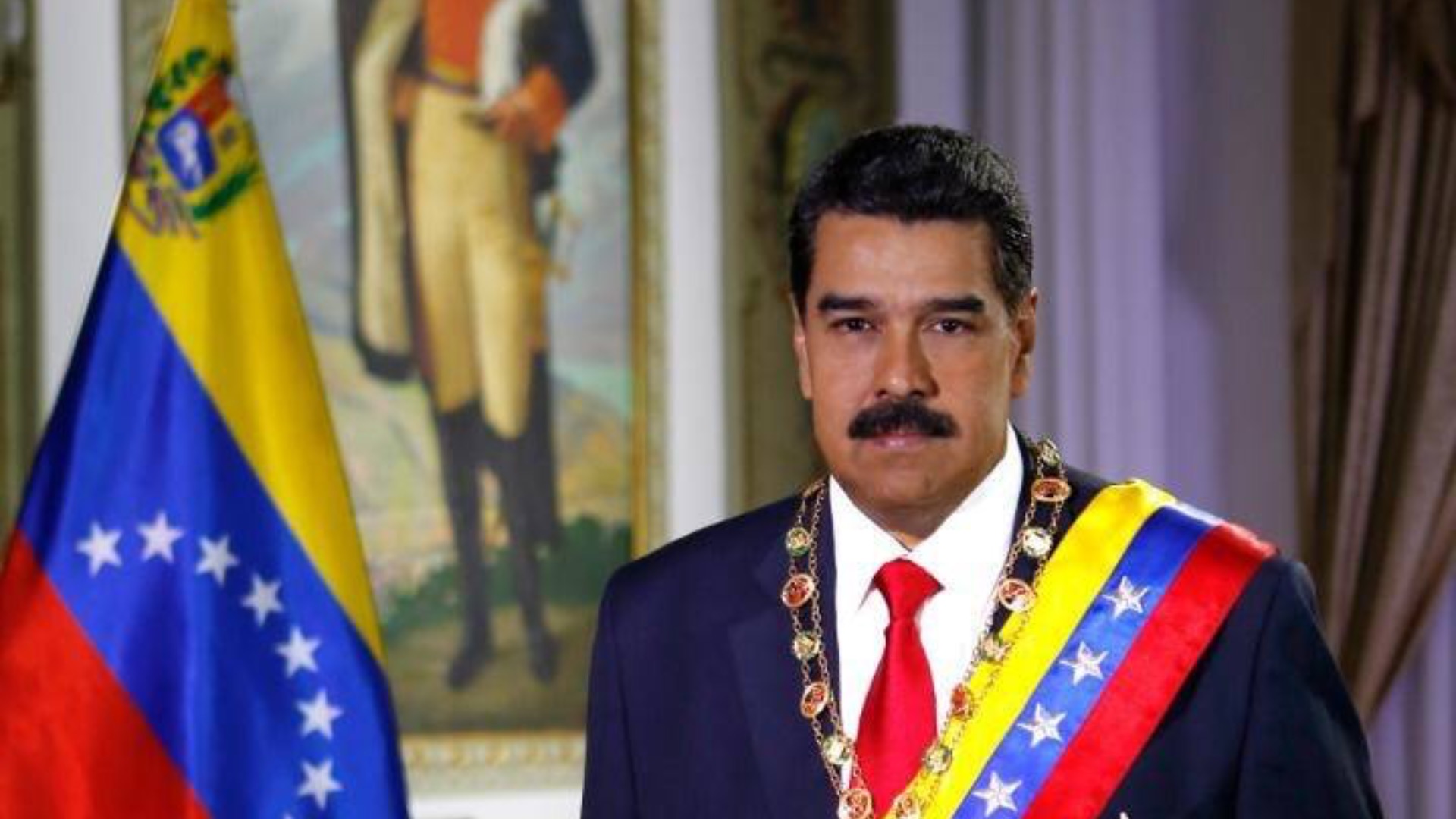
Financing Innovative Ventures in Europe
A Franco-German Initiative to Strengthen Europe's Start-up Ecosystem
Mid July 2025, the Finance Ministers of Germany and France, Lars Klingbeil and Éric Lombard, announced a comprehensive initiative: Financing Innovative Ventures in Europe (FIVE). This initiative seeks to establish Europe as an indispensable player in the global technology landscape by transforming the European start-up scene through increased access to growth capital and enhanced cross-border cooperation.
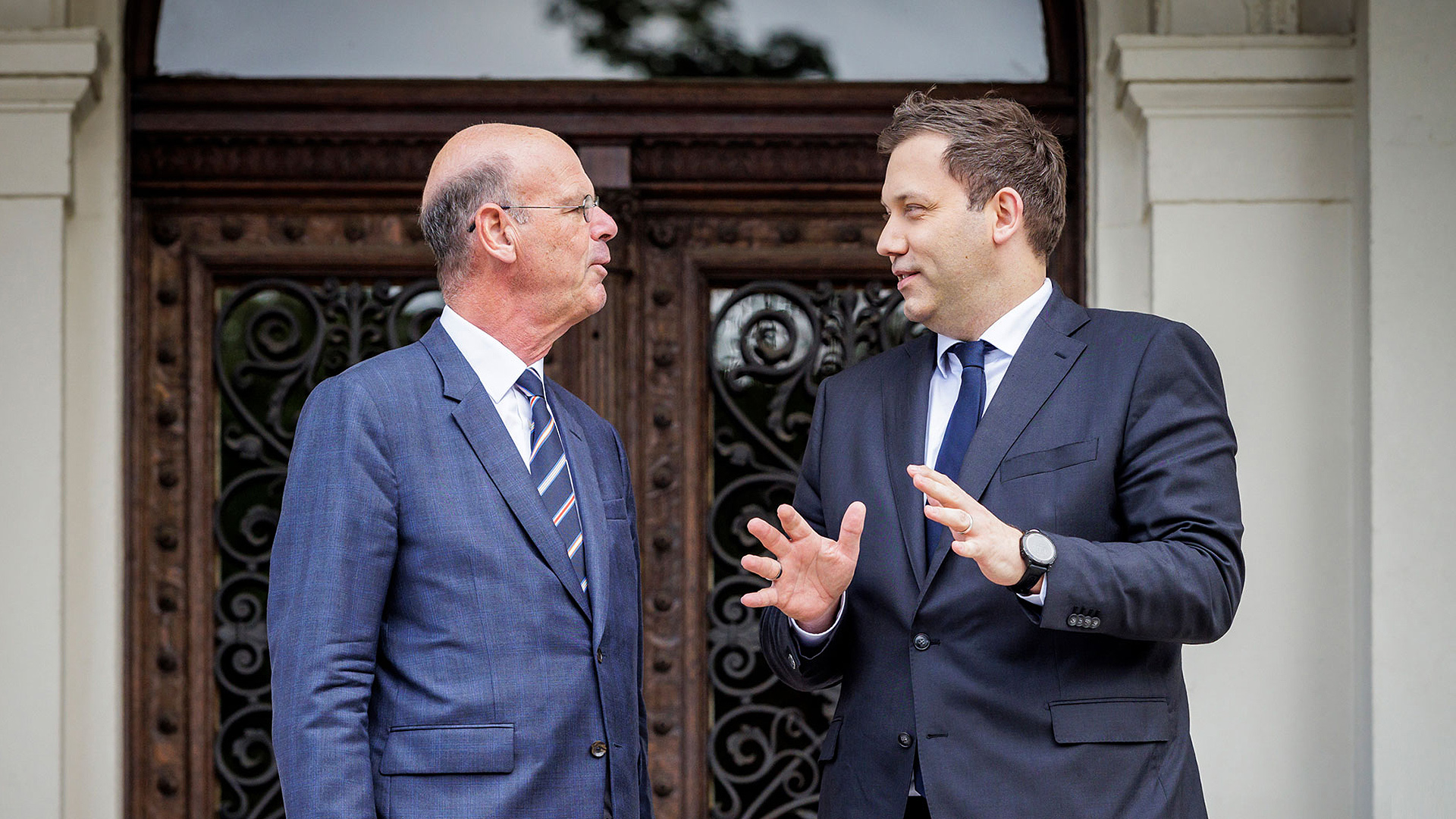
A Shared Vision for European Start-ups
The unveiling of the Franco-German start-up initiative echoed a shared conviction that Europe must collectively do more to keep up with global powers, thus outlining the initiative’s goal: to catch up and compete with the US and Chinese tech giants.
On July 15, 2025, Germany and France’s Finance Ministers published a joint op-ed in Handelsblatt newspaper, declaring: „We want Europe to create an environment where innovative companies can grow into global champions.“
The following day, both ministers met near Berlin, where they issued a joint declaration asserting that Europe’s economic strength is largely dependent on the combined power of France and Germany – and that they will do everything in their power to make Europe fitter for the future.
The Joint Panel of Experts and Financial Reforms
The deal’s initial pillar is the establishment of an elite franco-German panel of experts, led by Christian Noyer (former governor of the Bank of France) and Jörg Kukies (former finance minister of Germany). This group’s mandate is clear: „This panel will develop concrete proposals to strengthen financing for startups and growth companies in Europe.“
According to Industry experts, the lack of access to capital is one of the biggest challenges faced by Europe’s start-up scene. To address this issue, the initiative is partially based on successful strategies like France’s Tibi Initiative to unlock billions of dollars in public and private venture capital, with an emphasis on scalable, strategic sectors like industrial manufacturing, green tech, and artificial intelligence.
Tracing the History of Cooperation between France and Germany
The July 2025 start-up agreement between Germany and France did not happen in isolation. It builds upon decades of bilateral cooperation, which dates back to the 1963 Élysée Treaty and the 2019 Treaty of Aachen. These agreements set the groundwork for bilateral cooperation to be renewed and expanded in response to new challenges, such as the digital transformation and the climate transition.
The most recent start-up agreement is the most ambitious and commercial joint venture to date, with the Franco-German Citizens‘ Fund already supporting over 2,000 grassroots projects and working groups created to address obstacles to cross-border economic activity. The Franco-German partnership was already investing in real-world, operational mechanisms to directly empower start-ups. One such example is the French-Bavarian Accelerator program launched in Paris on April 29, 2025, to assist entrepreneurs in operationalising the objectives of FIVE.
Strategic Objectives: Building Sovereignty Through Innovation
The Franco-German partnership is based on multiple strategic objectives set to change the innovation environment in Europe. This top-down approach aims to resolve the issue of funding disparity between early-stage support and late-stage scaling, which is Europe’s most enduring bottleneck. The partnership also places a strong emphasis on cross-border cooperation by removing internal market barriers, thereby making it simpler for entrepreneurs to expand internationally.
However, the initiative’s broader goal is to strengthen Europe’s geopolitical and technological sovereignty, which goes far beyond economic mechanics. The alliance hopes to boost domestic innovation and decrease reliance on foreign technologies by investing in AI and developing digital sectors. The underlying geopolitical message is unmistakable: Europe is more resilient and democratic when it is stronger, connected, and innovative.
As a final note, the agreement is presented as a continuing „coalition of the willing.“ Expert panels will keep an eye on developments and modify suggestions in response to market input and new difficulties. Frequent discussions between government representatives, business leaders, and startup founders are already planned, as are high-profile gatherings like VivaTech, where Franco-German innovation will continue to be showcased.
Its success, however, will depend on the sustained political will, timely implementation of proposed reforms, and the ability to mobilize both public and private investment toward Europe’s most promising innovators.
Photo Credit: Bundesministerium der Finanzen / Photothek

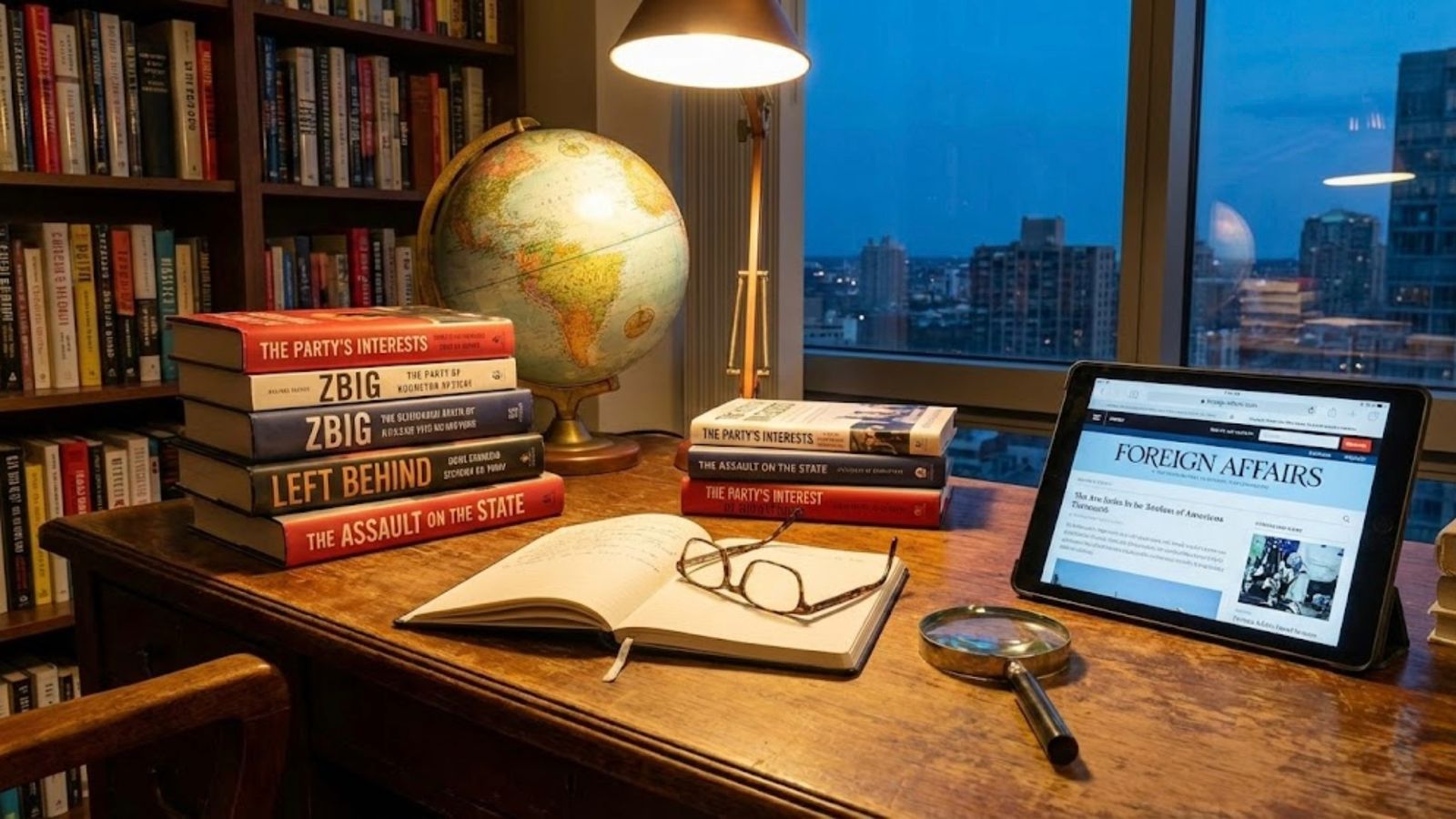
The World in Focus: Highlights from Foreign Affairs’ Best Books of 2025
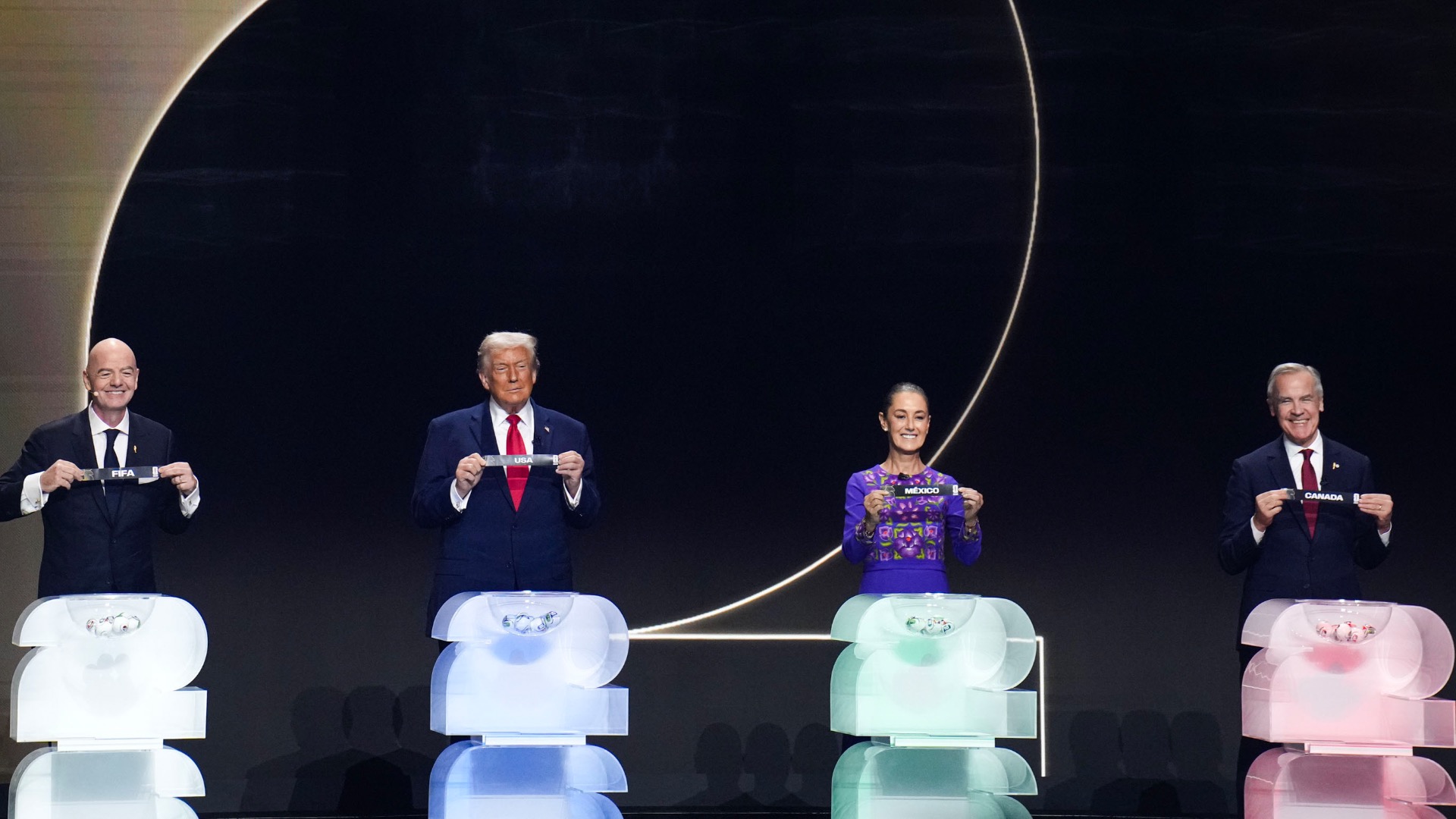

2025: A World Without Resolution

The U.S.-Venezuela Limited War of 2025: A Legal and Strategic Assessment
